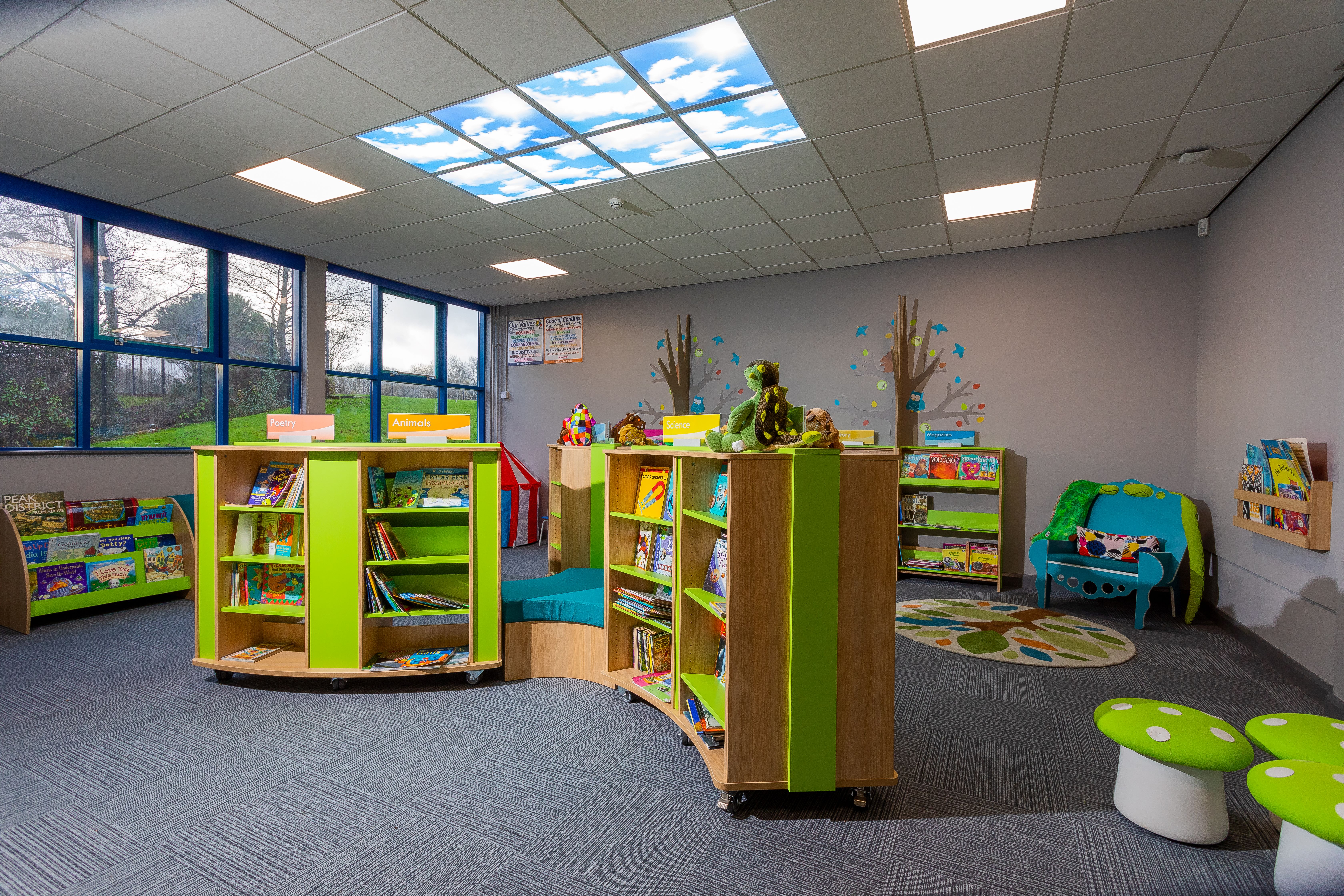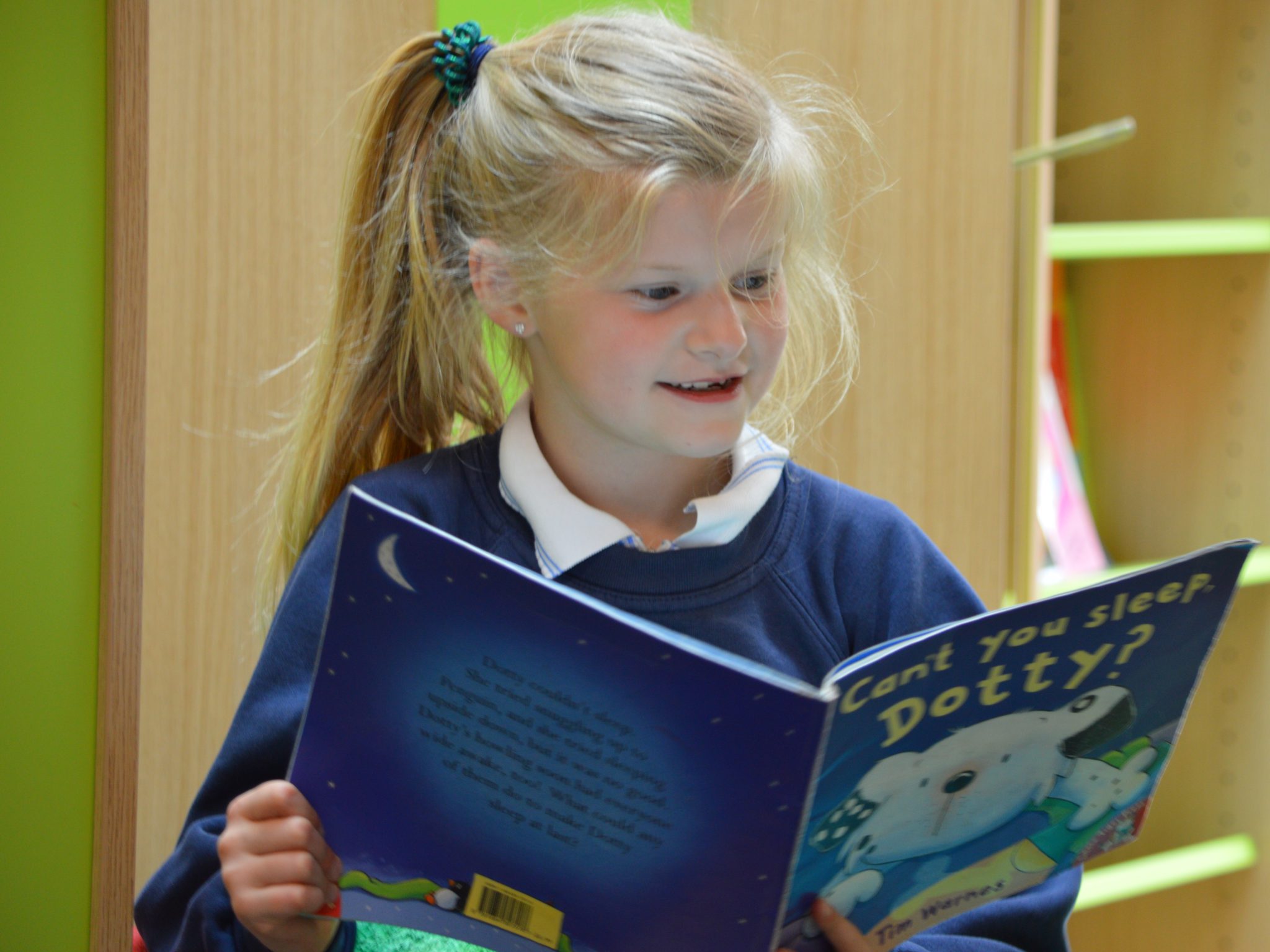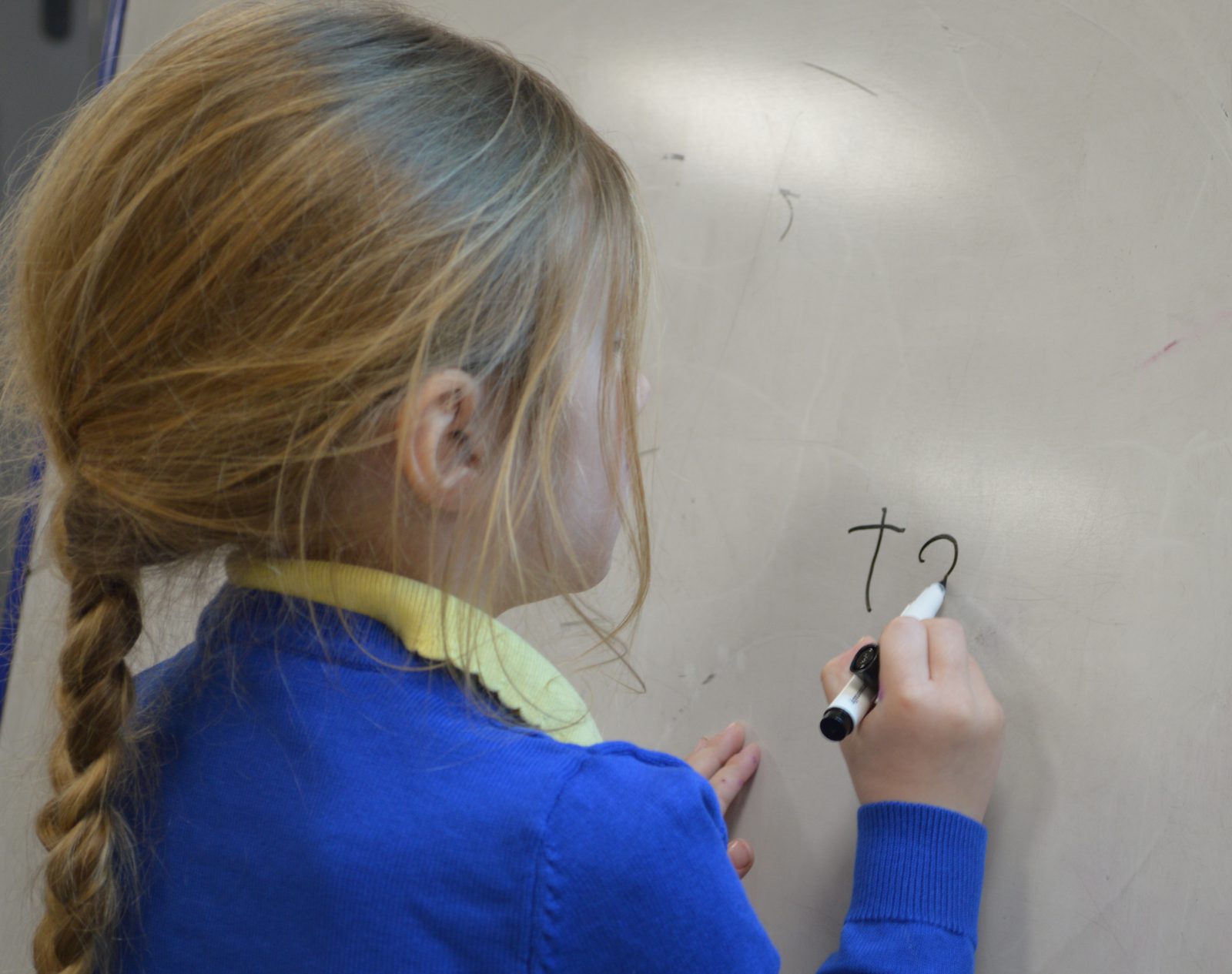
At Birley Primary Academy, we believe that English provides children with key life skills. Through our English curriculum, we aim to help children develop the expertise and knowledge that will enable them to communicate effectively through spoken and written language. To achieve this, we will have a particular emphasis on empowering and enriching our children’s vocabulary so that no child is hindered or held back by deprivation and that every children is prepared for the next stage of their educational journey.
We aim to ensure every child in our school will travel on their learning journey with a love for reading and writing that will last a lifetime. We believe that Reading is a life skill that every child should be entitled to. The ability to read and decode text fluently is essential for opening up the world to children and is a skill that is crucial for children to take into their adult lives. We not only want to inspire children through books but also to promote a love of reading and empower our children to become life-long readers. Books can provide a gateway into other worlds and cultures and feed our children’s imaginations. Further to this, we aim for children to leave our school being competent writers who can express themselves for a range of different purposes. We nurture a culture where children take pride in their writing, can write clearly, imaginatively and accurately and adapt their language and style for a range of contexts.

The overarching aim for English in the National Curriculum is to promote high standards of language and literacy by equipping pupils with a strong command of the spoken and written word, and to develop their love of literature through widespread reading for enjoyment. The National Curriculum for English aims to ensure that all pupils:
In our academy, English is broken down into key aspects and taught as separate lessons. Our approach to the teaching of each aspect is briefly outlined below:
When the children begin school in Reception, they begin a systematic phonics programme called Little Wandle. In Reception and Key Stage One, children receive daily sessions where they learn a new sound each day. While completing the Little Wandle programme, children read books which are matched to their phonics knowledge. This allows them to apply their segmenting and blending skills and build fluency in their reading style as they read and re-read texts suited to their reading ability.
As children move on from phonics based texts, books are grouped into colour bands and focus more widely on reading comprehension skills. Teachers will decide when children are ready to begin, and when to move through this scheme. Children read these books with members of staff in school and they will also be sent home to be read with parents. Children are assessed regularly on their comprehension skills and will move through colour banded levels at their own learning pace.
Children in year 2 and throughout Key Stage 2 will take part in regular reading lessons in which they will be taught reading skills and given the opportunity to practise these. Children will read regularly with an adult in school either independently or as part of a group.
These reading lessons focus on the VIPERS reading areas;
Above all else, we want our children to enjoy reading and have the confidence to read independently, exploring a range of genres and authors. All children have access to a library within school, whether this be in the classroom or in a shared area. We have designed these spaces carefully to ensure they are inviting for all children. Across the curriculum, teachers carefully choose high quality texts linked to their topics, interests and to include a range of diversity.
At Birley Primary Academy, writing is taught daily across the whole school. Generally, writing lessons will be based upon a high-quality text for a period of time that could range from just a few weeks to a whole term depending on text type, length and year group. Frequently, this text is the same text that is studied during in the children’s Reading lessons. We passionately believe that reading and writing encourages children to make links and become empathetic and ambitious writers. Our long, medium and short term planning – as well as the use of progression maps (accessible below) – ensure that a variety of genres are progressively taught and built upon throughout the year and throughout the academy.
Through the writing process at Birley, children will acquire and learn the skills to plan, draft and then refine their written work over time and are encouraged to develop independence in being able to identify their own areas for improvement in all pieces of writing. Within each unit of work, sequenced lessons ensure that prior learning is checked and built upon and that the National Curriculum objectives are taught through a combination of approaches.
Alongside our writing approach, the academy follows the whole-school Active English approach for the teaching of grammar and punctuation as well as to support children with writing. Generally, the programme is largely aimed at children in Y1 up to Y4 but the elements are used flexibly across all year groups to meet the needs of our pupils. The Active English approach uses the principles of mnemonics to embed learning in an active and engaging way, providing pupils with a deeper grasp of language that serves as a foundation for their learning.
Much like the Active English approach, Active Spelling embeds in an active and engaging way, providing pupils with a deeper grasp of spelling and vocabulary that serves as a foundation for their future. The Active Spelling approach has been thoroughly designed and is underpinned by research and has provided the academy with an approach to the implementation of spelling across the academy that is based upon a deep-rooted understanding of how to ensure that progress is made in this area of the curriculum.
At Birley Primary Academy, we monitor and measure the impact of our curriculum through learning walks, book scrutiny, pupil voice and formative and summative assessment. In Reading and Grammar, Punctuation and Spelling, formal assessment data – used to support teacher assessment – is accessed through children completing NFER assessments termly in both subjects. In writing, assessment grids are completed half-termly and indicate what children are able to achieve in independent writing tasks and these inform our teacher assessments in the subject. Teachers meet to review and moderate individual examples of work against exemplification materials on an academy and locality level. All summative assessment grades are inputted termly on the academy’s tracking system, DC Pro.
By the end of their time at Birley Primary Academy, our children leave with highly developed communication skills that they can take into secondary education and beyond. Success is not only achieved through children’s attainment, but through their engagement with, and enthusiasm for, the many aspects of English encountered throughout their time at the academy.
Upon transition to secondary education, our children can read fluently and widely, with a thirst for reading a range of genres and text types, including poetry. Children appreciate the joy and wonder of reading and are able to express preferences and opinions about the texts that they read. Due to the implementation of our writing curriculum, children head into secondary education as confident writers. Through their time at the academy, children have developed a familiarity with most genres of writing and have a strong understanding of the need for creativity, the craft of writing, writing for a sustained period of time and the manipulation of grammar and punctuation skills.
Through our English curriculum, we ensure that our children are well-equipped for life in modern Britain. Through purposeful subject linkage, such as using argument and discussion texts requiring children to understand different points of view and debates or through embracing literature from different world faiths and cultures, we aim for our pupils develop an excellent understanding of democracy, the rule of law, responsibility and liberty, mutual respect and tolerance of those of different faiths and beliefs.
Further to this, our English curriculum is also driven by SMSC development and this can be exemplified in the following ways;
As a result of this, pupils thrive – enjoying their lives, learning and wanting to make a difference for others.
